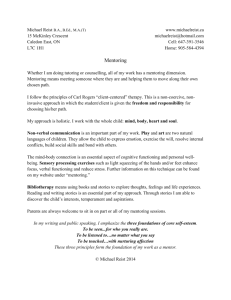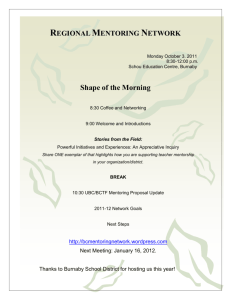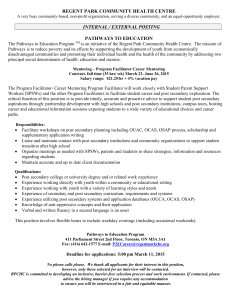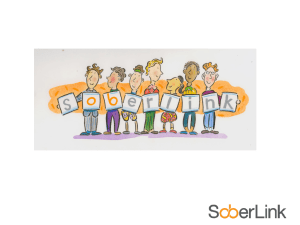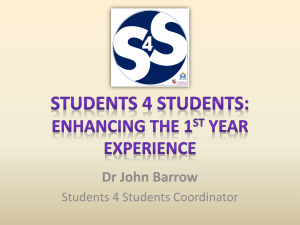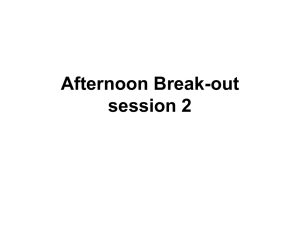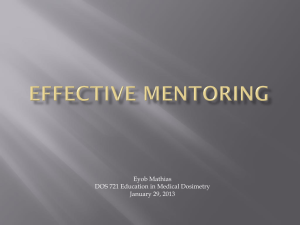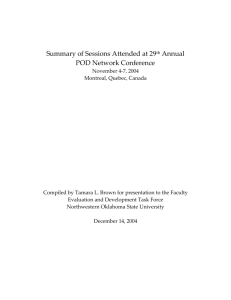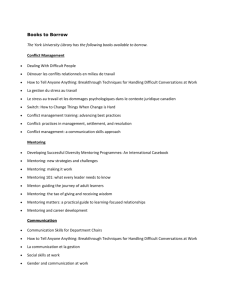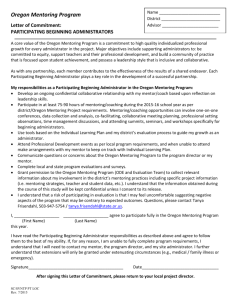Mentoring Needs and Expectations of Generation Y
advertisement
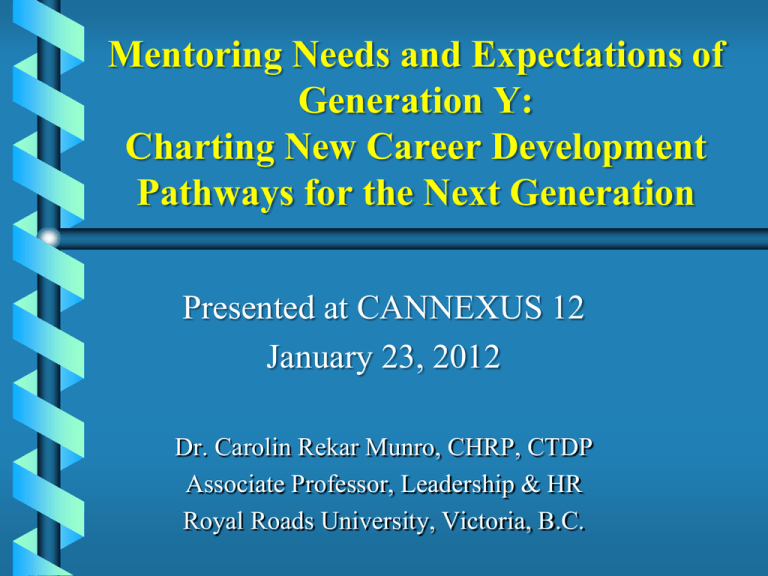
Mentoring Needs and Expectations of Generation Y: Charting New Career Development Pathways for the Next Generation Presented at CANNEXUS 12 January 23, 2012 Dr. Carolin Rekar Munro, CHRP, CTDP Associate Professor, Leadership & HR Royal Roads University, Victoria, B.C. Our Agenda 1. 2. 3. 4. Examine Generation Y profile. Explore research on mentoring needs and expectations of Generation Y’s. Explore how we, in our professional capacity, can support and foster career development for the next generation. Create space to discuss application of learning to our own practice. Generational Identities Traditionalists (1922 – 1945) Baby Boomers (1946 – 1964) Generation X (1965 – 1980) Generation Y (1981 –2000) Goal: Create a Life that has Meaning Generation Y Are we having FUN! “Get out of my way!” Value diversity, civic duty, environmental accountability, collective action, experimentation Techno-savvy Respect for authority? Why? Wish list: challenging work, mentoring,feedback, respect, promotions NOW! confident and optimistic innovative ambitious Small Group Discussions … Briefly introduce yourselves. Discuss the challenges and opportunities you perceive as Generation Y enters the workforce. Be prepared to report back 1 key point from your group discussion. Rekar Munro, C. (2010). Charting Workplace Transitioning Pathways of Generation Y. Canadian Journal of Career Development Purpose: To gain insight into the mentoring needs and expectations of Generation - Y as they enter the workplace and to propose recommendations to support their personal and professional development. Research Roadmap 452 participants in the formative years of their careers. On-line surveys, focus groups, and one-onone interviews Employed quantitative and qualitative methods. Range of industries in unionized and nonunionized sectors. Emergent Themes from Analysis: Words of Wisdom from Gen Y Organizational Support Proteges’ Contributions to Mentoring Mentor-Protégé Working Relationships Results Preferred Approaches to Learning and Development Demographic Profile of Effective Mentors Competency Toolkit of Effective Mentors Goals to be Achieved through Mentoring Small Group Discussions What research results are of interest to you and your organization? How might these research results be useful in your own organizations? So… What Now? Developing & Sustaining a Culture of Social Responsibility for Mentoring What internal changes should be made to accommodate mentoring? Are we prepared to expend the resources? Preparing our Mentors Blueprint for Training: Adult Learning Principles Progress Consultation Proactive Problem Solving Co-creating our Work Goal setting Learning How to Learn Networking Support Dev. Interdependence Mentoring in ACTION Mentorship Mapping Experimentation: The Exploratory Lab (Test-Reflect) Personal Mission Statement (Goals & Action Strategies) Collaborative Inquiry: An Action Research Framework Protégé Collaborative Inquiry Teams Mentor Collaborative Inquiry Teams Guidelines for Enhancing Communication Contextualize learning: “the Big Picture” Provide realistic expectations of how they can add value in the work world Explain WHY! What’s in it for them? Engage in frequent and informal conversations Ask for their suggestions, insights, opinions Involve them in new initiatives Provide frequent and direct feedback Check Assumptions What language are we speaking??? Hone in on specific, concrete behaviours (What does it look like?) Support New Pathways for Effective Communication Create space for intergenerational collaborations Encourage collaborative decision making Invite divergent views to the table and LISTEN Be courageous enough to step into “tough” conversations Ury: “Yes, No, Yes” Support Career Development that brings the Generations together Create a learning environment Invest in training differently Include learning & development in role requirement Establish accountability “Walk the talk” Our Final Small Group Discussions What resonates with you from our discussion this afternoon? How might you apply these insights to your own practice? What questions and concerns are emerging for you? Be willing to leave the shore and… Suspend judgment Think outside the box Shift perception Look for the second right answer Challenge assumptions Be illogical Look foolish Make a mistake and… Keep looking through the lens of our GenY colleagues Sometimes we have to jump off the cliff… and Build our wings – on the way down.
